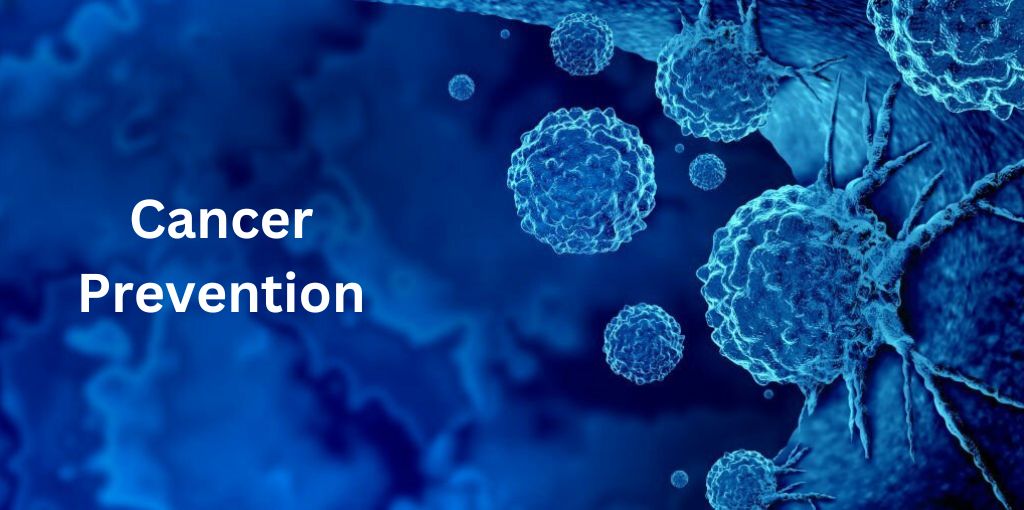
Cancer, a word that strikes fear into the hearts of many, has affected millions of individuals globally. The question that arises is how to lower cancer risk. Many studies advise on various preventive cancer measures, and top oncologists recommend differently. Truth be told, cancer varies from person to person and cancer prevention techniques are in the developing stage.
However, it is well-accepted that while we cannot eliminate the possibilities of cancer development, improving lifestyle choices can significantly reduce cancer risk. A health assessment by expert oncologists is recommended to get a better insight into your health conditions and get consultation on the right lifestyle changes.
To get the best oncology care, reach out to Sum Ultimate, ranked as the best cancer hospital in Bhubaneswar, catering to a spectrum of cancer diagnosis, preventive, treatment and rehabilitation tailored to patients’ needs led by top oncologists of Odisha.
Consider these Cancer prevention measures to tackle cancer risks:
1. Don't Use Tobacco
The single most preventable cause of cancer is tobacco use. It’s not just smoking cigarettes; it includes chewing tobacco and smokeless products like snuff and snus. Avoid exposure to secondhand smoke as well.
Smoking is directly linked to lung, mouth, throat, oesophagus, pancreas, bladder, kidney, and cervix cancers. The carcinogens in tobacco can wreak havoc on your cells, leading to the development of malignant tumours. Additionally, it increases the risk of heart attacks, strokes, and lung diseases.
If you’re a tobacco user, quitting should be your top priority. Seek support from top oncology healthcare providers or consider smoking cessation programmes. Using medications with counselling can be more effective. It’s a challenging journey but one that dramatically reduces your cancer risk.
How does Smoking Cause Cancer?
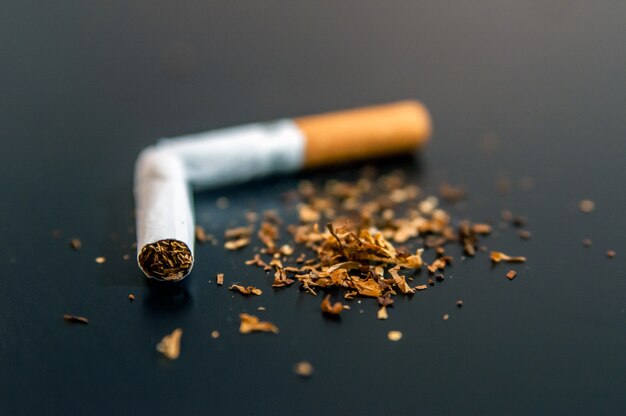
2. Limit Alcohol Consumption
While moderate alcohol consumption is generally considered safe, excessive drinking can increase cancer risk. Alcohol consumption has been linked to cancers of the mouth, throat, oesophagus, liver, breast, and colon. To reduce your risk, limit your alcohol intake.
For men, this means no more than two drinks per day, and for women, one drink per day. If you find it difficult to control your alcohol consumption, seek help from a healthcare professional or support group.
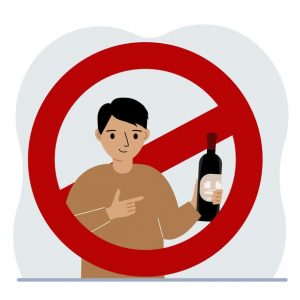
3. Eat a Healthy Diet
Although eating a healthy diet isn’t a sure-shot preventive approach to cancer risk, a strong immune system can help fight it.
A diet rich in fruits, vegetables, and whole grains provides essential vitamins, minerals, and antioxidants that help protect your body against cancer. Specific recommendations include:
- Fruits and Vegetables: Aim to fill half your plate with a variety of colourful fruits and vegetables. These foods are packed with cancer-fighting nutrients.
- Fiber: High fibre-rich foods like whole grains, legumes, and bran reduce the risk of colorectal cancer.
- Protein: include poultry, fish, and plant-based, while limiting red and processed meats.
- Healthy Fats: Opt for healthy fats in olive oil, avocados, and nuts while avoiding trans fats.
The Best Diet for Brain Health by Neurologists
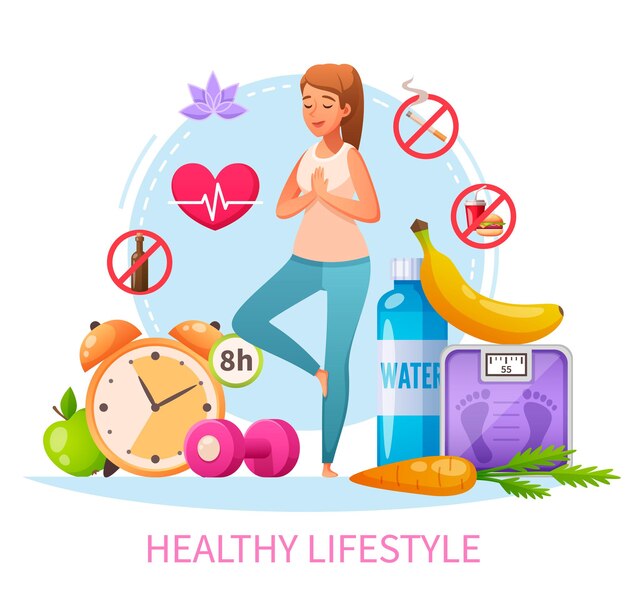
4. Maintain a Healthy Weight and Be Physically Active
Obesity is a known risk factor for breast, colorectal, kidney and prostate cancer, followed by a lot more health conditions.
Aim for a BMI between 18.5 and 24.9. Additionally, pay attention to your waist-to-hip ratio, as excess abdominal fat can increase the risk of certain cancers and health conditions such as cardiovascular disease, type 2 diabetes, and lower fertility rates. As per WHO,
- 0.85 or less for women
- 0.9 or less for men
Engage in at least 150 minutes of moderate-intensity exercise or 75 minutes of vigorous-intensity exercise each week. The least includes at least 30 minutes of physical activity. The more, the better.

5. Enjoy the Sun Safely
Skin cancer, including melanoma, is one of the most common and preventable types of cancer.
- Seek shade as much as possible and stay hydrated
- Avoid midday sun’s rays, usually from 10 a.m. to 5 p.m.
- Use a broad-spectrum sunscreen with an SPF of 30 or higher, even on cloudy days
- Wear dark or bright protective clothing rather than pastels and bleached cotton
- Don’t forget to wear sunglasses and headcovers
- Obtain vitamin D from safe sources like fortified foods and supplements

6. Get Vaccinated
Prevention is always a better cure. Certain vaccinations against viral infection can significantly reduce the risk of cancer. Particular,
- Human Papillomavirus (HPV): HPV is a sexually transmitted virus that leads to cervical and other related cancers. It’s offered to children aged 11-13.
- Hepatitis B: This virus is transmitted through sex, illegal drug injection, or contact with infected blood or body fluids.
These preventive vaccines are administered before becoming infected. Consult the best cancer specialists to determine whether these vaccinations are appropriate based on age, risk factors, and medical history.
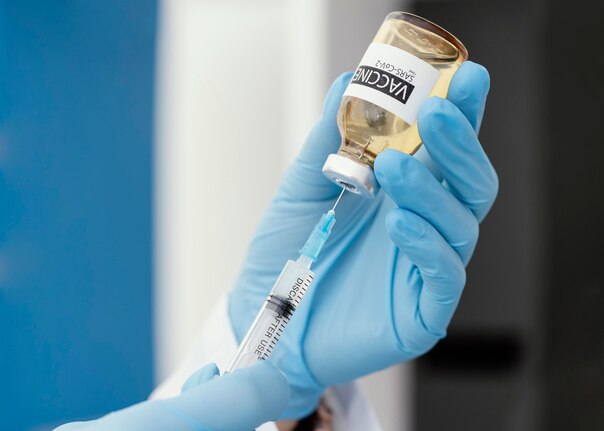
7. Avoid Risky Behaviors
Engaging in risky behaviours can expose you to infections that increase your cancer risk. To protect yourself:
- Practice safe sex to reduce the risk of sexually transmitted infections (STIs)
- Use condoms
- Get regular STI screenings
- Don’t share needles or syringes
- Avoid utensil sharing

8. Get Regular Medical Care
Foremost, learn about your family history of cancer and health issues. Reach out to Sum Ultimate for a full-body checkup where a multidisciplinary approach is taken to curate a selected range of tests depending on your age, and family history. Here are some general guidelines:
- Family History: If you have a family history of cancer, inform your healthcare provider so that they can plan out relevant screenings.
- Cervical Cancer: Pap smears for women at 21 for early detection
- Breast and Prostate Cancer: Breast cancer screenings for women and prostate cancer screening for men at 40
- Colon Cancer: Regular screenings for colorectal cancer, such as colonoscopy, at 45
- Lung Cancer: If you have a history of smoking or other risk factors, lung cancer screening at 50
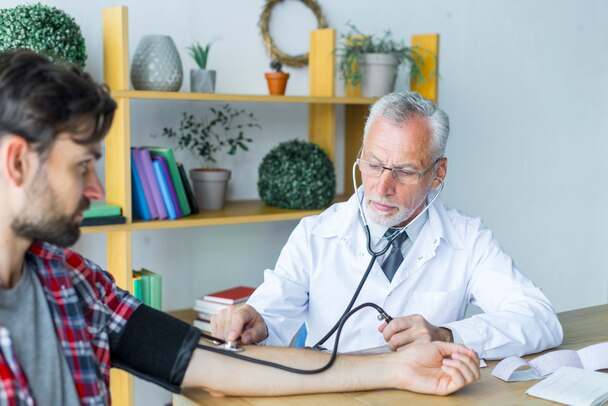
Cancer Prevention Conclusion:
These universal strategies for cancer prevention can help safeguard your health. The best cancer treatment in Bhubaneswar is an excellent destination at Sum Ultimate. With a multidisciplinary approach, state-of-the-art equipment, modern facilities and expertise, the hospital renders top-notch cancer service.
Remember, cancer prevention is an ongoing journey that requires a commitment to a healthy lifestyle, regular medical check-ups, and informed decisions about vaccinations and screenings.





